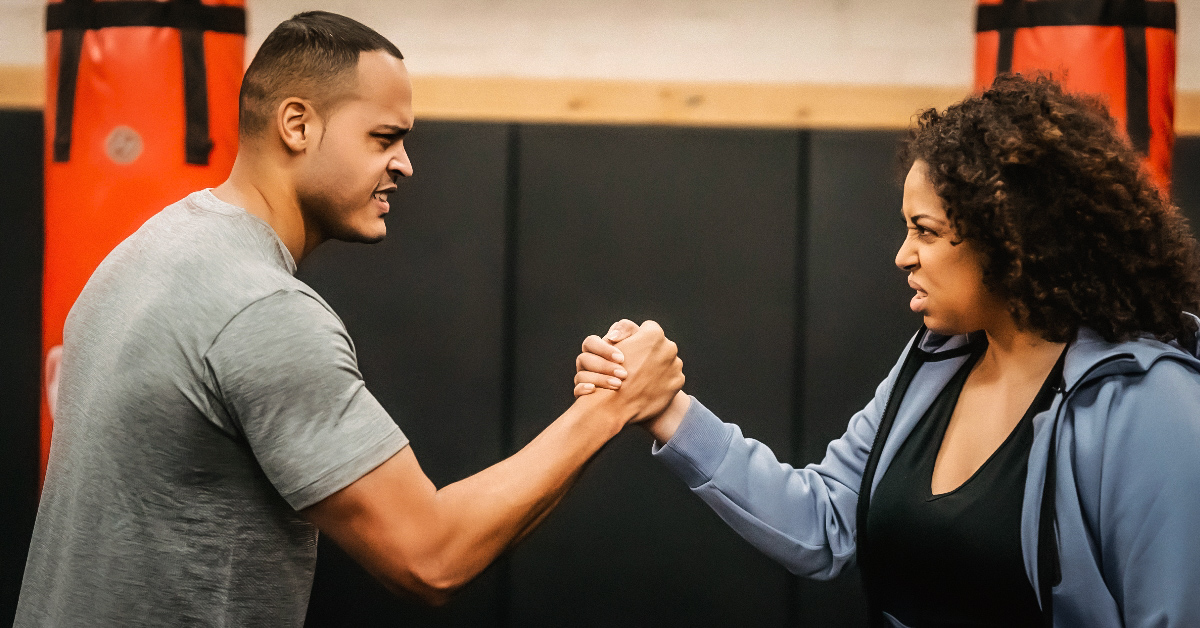Equally Yoked: A Deeper Dive into Relationship Compatibility

Introduction
The biblical concept of being equally yoked suggests that successful marriages are built on shared beliefs, values, and priorities. However, this concept stretches deeper than religion alone and can prove challenging when these beliefs evolve over time. But is it solely about having identical perspectives, or could it also involve a mutual respect for each other's growth and individuality? Let's delve into this concept and explore its impact on relationships.
Equally Yoked Beyond Marital Bonds
The essence of being equally yoked extends beyond your spouse and infiltrates all relationships. It hinges on shared core beliefs, values, and priorities, fostering a common ground to connect and grow. But what happens when we don't fully understand the origin of these ideals? How does our upbringing influence the foundations of our belief system and impact our relationships?
Consider a child raised in a military family. The unique dynamics of this lifestyle often form a self-sustaining familial unit, with an ingrained sense of otherness towards non-military individuals. These subconscious beliefs, formed in early childhood, carry forward into adult relationships and can impact one's ability to relate to others.
The Impact of Childhood Conditioning
Children of military personnel often unconsciously carry the imprints of this lifestyle. Dependence on family, a tendency to form connections with military individuals, and an expectation of continual progress are some of the deep-seated beliefs that may surface. However, these beliefs may lead to anxiety and discomfort when out of the military environment, akin to a fish out of water.
Recognizing these subconscious beliefs, values, or priorities is the first step towards making a change. It's about identifying the auto-pilot mode you're running on, a result of years of conditioning. Being equally yoked, in essence, means having similar programming or mentality.
The Need to Adapt
Once we understand this programming, the next step is to adapt and align it with our current way of thinking. Changing past programming can be difficult, primarily because most individuals aren't aware it exists. However, acknowledging this conditioning helps to create a shared understanding with your partner, thereby contributing to a balanced and more harmonious relationship.
Conclusion
The real difference between people lies not in their financial status or outward conditions but in their mentality or programming. It's crucial to recognize this in your partner, and often, this understanding comes through time or shared experiences of stress. Remember, being equally yoked is not about identical thinking but rather about shared understanding and respect for each other's journey and growth.
Key Points:
- Being equally yoked extends beyond religion and involves shared beliefs, values, and priorities.
- Childhood conditioning and upbringing play a significant role in shaping our subconscious beliefs.
- Recognizing and adapting this conditioning is crucial for maintaining harmony in relationships.
- Being equally yoked is about understanding and respecting each other's journeys and growth.

